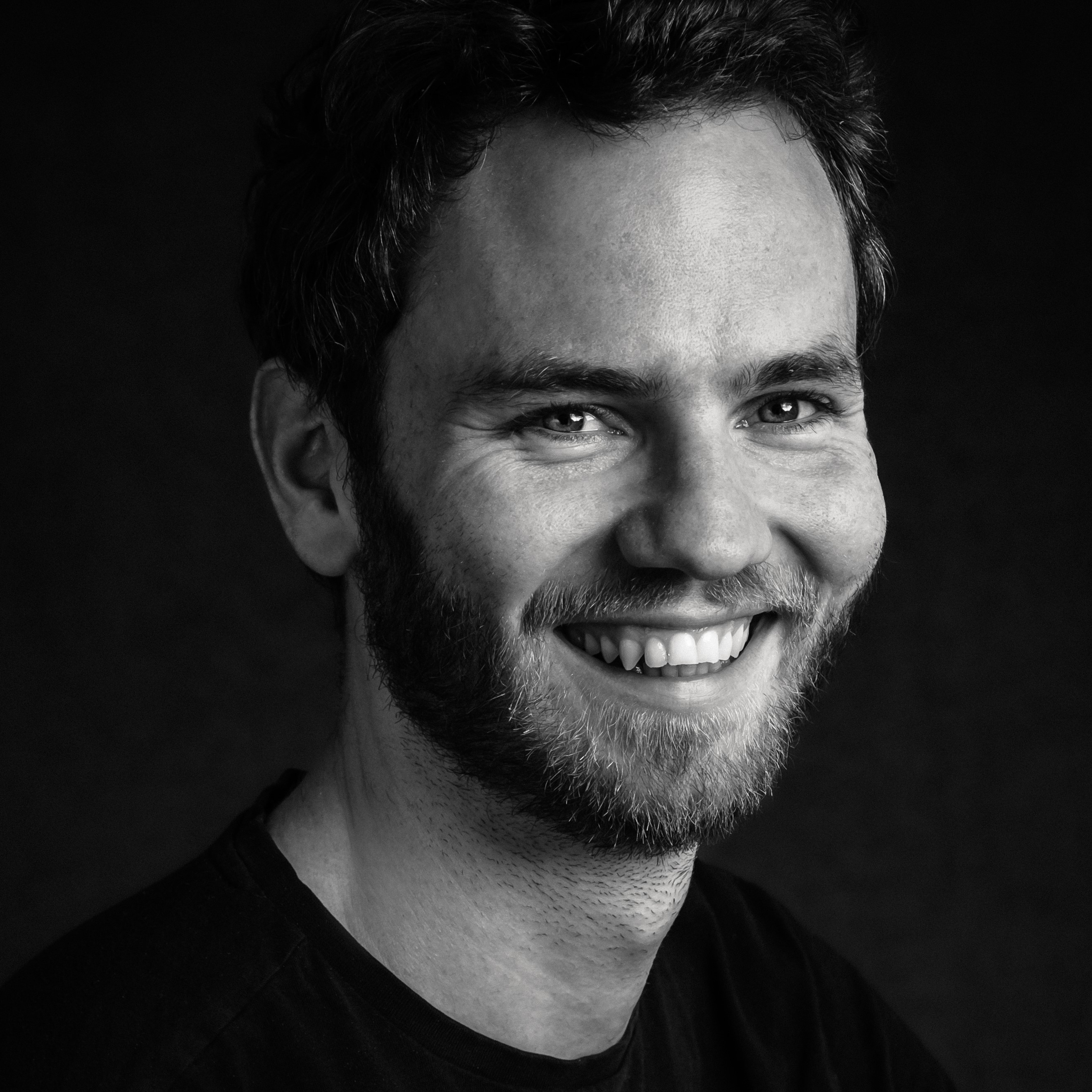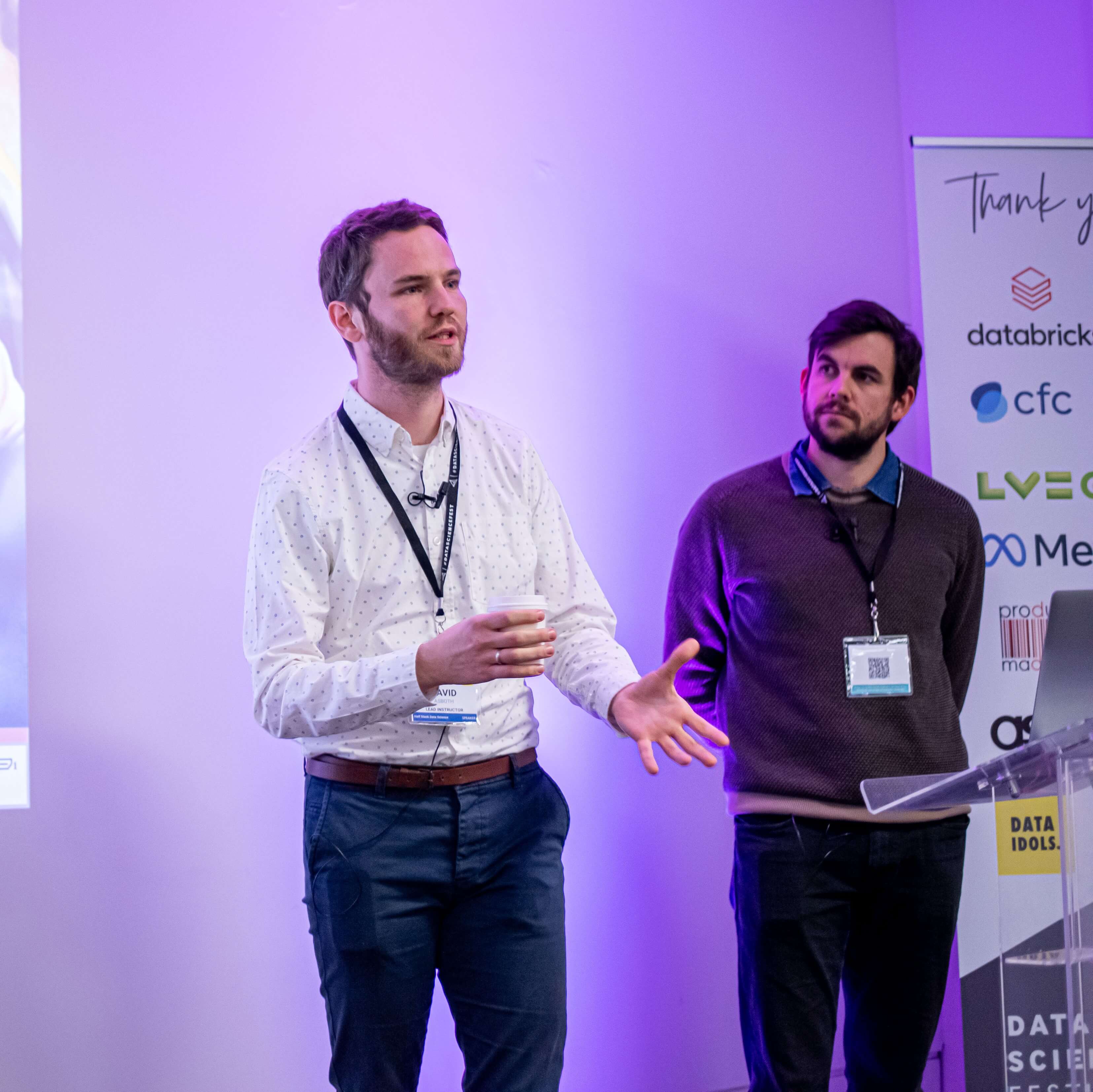In her book The Gardener and the Carpenter, Alison Gopnik talks about how parents should think of raising children as gardening, not carpentry. The difference is that in carpentry you are aiming for a specific outcome from the start. Every decision you make takes you towards shaping your child into a version of themselves that you preconceive. In contrast, in the gardening model, your role is to provide a safe and loving environment and let children flourish and grow in their own way. There are a lot of parallels to how to continue learning analyst skills.
Gardening vs. carpentry
I love the gardening metaphor for improving as an analyst.
The continued learning process makes more sense as activities to cultivate your skills rather than aiming for a targeted outcome, especially in an industry of constant change. The technologies you thought you needed five years ago are not the same ones you need now. Instead of spending your learning time on the specifics of any technology, most of it should be spent honing the lasting skills.
Gardening in this context means that once you have done some foundational training in data analysis and have the necessary skills to work on real problems, you should immediately start working on real problems. Rather than narrowly focusing on learning more technical skills, you should adopt the gardening model and have faith that by working on realistic scenarios, you will learn the skills you actually need.
There is a time and place for the carpentry model; sometimes, you just need to learn something, in which case your focus should be dedicated to that thing. In general, though, the gardening model is what optimises your learning towards a marketable skill set.
How to tend to your data garden
How do you actually adopt a gardening model of learning? The key, as I have alluded to, is working on real projects. Stop learning libraries, algorithms, and syntax for the sake of it and switch to a problem-first approach. This means solving problems that people actually have, even if that's just yourself, and trusting that you can and will pick up the necessary skills along the way.
It also means ditching toy examples and tutorials for finding projects to work on. Solving another version of "predicting the survivors of the Titanic" will not get you closer to your goals. A crucial part of an analyst's skill set is defining a problem, so that's the first skill to work on. Find a question that can be answered or a problem that can be solved with data. It does not have to be "business relevant" either, and the solution does not need to be complicated. Sometimes questions can be usefully answered with a single bar chart. As an example, here are some questions I have asked in my daily life, all of which can be (and have been) answered with data:
Which key signatures should I practise if I want to get better at learning jazz piano but also optimise for key signatures that actually occur in jazz? Based on my performance playing online chess on chess.com, which openings should I review to target my specific weaknesses? I wonder which pub name is the most common in the UK?
As you can see, the problems that you work on do not have to be huge in scope. Each of these small projects taught me something beyond the answer to the question: a new piece of syntax, a new Python library, or data sources I didn't know existed.
Gardening is a long-term project
Just like gardening, improving as an analyst means constantly turning up and working on cultivating the foundations. It is a long-term process that requires consistency and trust. You will never be "done", but you are always improving. One side effect of doing lots of gardening beyond what grows in the garden is you get better at gardening itself. The side effect of solving lots of problems beyond finding solutions to the problems themselves is that you get better at solving problems. You are also learning how to learn things on the fly to solve a particular problem. Problem-solving and learning how to learn are the skills that will outlast any technology.
Need more real-world inspiration? My book, The Well-Grounded Data Analyst, is a collection of projects for you to hone your skills. They are specifically designed to help you learn industry-relevant topics, such as data modelling or working with categorical data, which are not typically part of foundational training.

About David
I'm a freelance data scientist consultant and educator with an MSc. in Data Science and a background in software and web development. My previous roles have been a range of data science, software development, team management and software architecting jobs.

